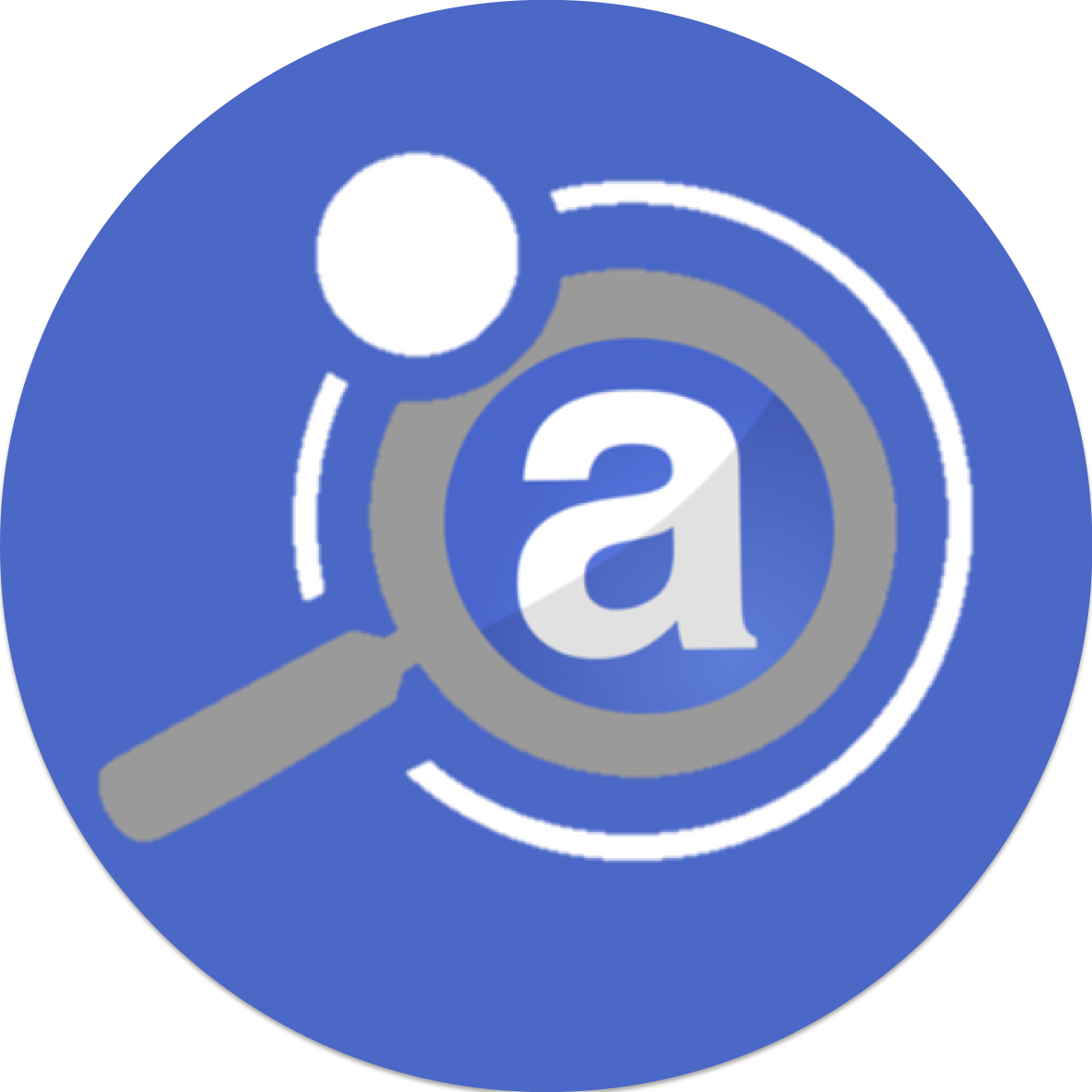Contact
- Work address: Astronomical Observatory, Aristotle University of Thessaloniki, 54124 Thessaloniki, Greece
- Mobile: +30 694 2464 139
- E-mail: atsiarab@auth.gr
Research interests
Observations of exoplanetary systems, data analysis, data simulations, photometry, spectroscopy, exoplanets characterisation, modelling of light-curves from exoplanetary systems, developing user-friendly scientific tools.
Education
-
PhD in Astronomy
September 2014 – September 2017
Department of Physics and Astronomy, University College London, UK.
Thesis title: Towards a population of explanetary atmospheres.
Subjects: Transit spectroscopy of exoplanets with the HST/WFC3 camera, data analysis, calibration, spectra-photometry, transit modelling, atmoshperic retrievals, simulating observations.
Supervisors: Prof. Giovanna Tinetti and Dr. Ingo P. Waldmann. -
BSc in Physics (Ptychion) 9.38/10.00 – First Class
September 2009 – July 2014
Department of Physics, Aristotle University of Thessaloniki, Greece.
Thesis title: Detection of an additional extra-solar planet and simulation of perturbations on transit light-curves.
Subjects: Transits of exoplanets from the ground, data analysis, photometry, modelling. Planet-planet transits in Kepler data, data de-trending and modelling.
Supervisor: Prof. John H. Seiradakis
Fellowships & Awards
- NASA Postdoctoral Fellowship. January 2018.
- Macedonian Prize, annual prize awarded to a greek citizen for achievements in science or art. Drama, Greece. October 2017.
- Honorable mention: 3rd International Olympiad on Astronomy and Astrophysics, Tehran, Iran. October 2009.
- 2nd prize: 14th Greek National Competition on Astronomy & Space, Volos, Greece. March 2009.
- 1st prize: Vasilis Xanthopoulos Mathematics-Physics Competition, Drama, Greece. March 2009.
Skills
- Languages
- Greek (native)
- English (proficient)
- Computing
- Operating systems: Mac OS (excellent), Linux (excellent), Windows (excellent).
- Programming: Python (excellent, including GUI programming), R (good), C (basic).
- Other: LaTeX (excellent), M. Office (excellent), Mathematica (excellent), Django (basic).
- Observing
- Telescope operator: 10′′ – 11′′ (excellent, +400 hours).
- Related software: MaxIm DL (excellent).
- Targets: transiting exoplanets, eclipsing binaries, variable stars.


